
Kardamena: The Jewel of Kos Island
Kardamena, nestled on the southern coast of Kos Island, offers a perfect blend of sun, sea, and history. Once a quaint fishing village, it has transformed into a vibrant holiday destination with something for everyone. Crystal-clear waters lap against sandy shores, making it a paradise for beach lovers and water sports enthusiasts. The town’s marina is dotted with charming boats and yachts, providing picturesque views and opportunities for sailing excursions. Strolling through Kardamena’s narrow streets, you'll encounter a delightful mix of traditional Greek architecture and modern amenities. The local tavernas and cafes serve delicious, authentic Greek cuisine, with fresh seafood being a highlight. Nightlife in Kardamena is lively, with an array of bars and clubs catering to various tastes, ensuring that the fun continues long after the sun sets. Beyond the beaches and nightlife, Kardamena boasts significant historical sites. The ruins of the Temple of Apollo and the ancient theater of Antimachia offer glimpses into the region’s rich past. For families, the nearby Aquatica Water Park provides a day of fun and excitement. Whether you're seeking relaxation, adventure, or cultural immersion, Kardamena is a destination that promises unforgettable experiences.
Local tips in Kardamena
- Visit early in the morning to explore historical sites like the Temple of Apollo without the crowds.
- Try the local specialty, fresh seafood, at one of the seaside tavernas for an authentic dining experience.
- Rent a bike to explore the surrounding area and enjoy scenic views at your own pace.
- Check out the local markets for unique souvenirs and handmade crafts.
- If you’re into water sports, head to the beach early to secure equipment rentals and avoid peak times.
Kardamena: The Jewel of Kos Island
Kardamena, nestled on the southern coast of Kos Island, offers a perfect blend of sun, sea, and history. Once a quaint fishing village, it has transformed into a vibrant holiday destination with something for everyone. Crystal-clear waters lap against sandy shores, making it a paradise for beach lovers and water sports enthusiasts. The town’s marina is dotted with charming boats and yachts, providing picturesque views and opportunities for sailing excursions. Strolling through Kardamena’s narrow streets, you'll encounter a delightful mix of traditional Greek architecture and modern amenities. The local tavernas and cafes serve delicious, authentic Greek cuisine, with fresh seafood being a highlight. Nightlife in Kardamena is lively, with an array of bars and clubs catering to various tastes, ensuring that the fun continues long after the sun sets. Beyond the beaches and nightlife, Kardamena boasts significant historical sites. The ruins of the Temple of Apollo and the ancient theater of Antimachia offer glimpses into the region’s rich past. For families, the nearby Aquatica Water Park provides a day of fun and excitement. Whether you're seeking relaxation, adventure, or cultural immersion, Kardamena is a destination that promises unforgettable experiences.
Iconic landmarks you can’t miss
Λιμάνι Καρδάμαινας
Experience the charm of Kardamaina Harbour: your gateway to island hopping, historical sites, and Aegean adventures on the Kos coastline.
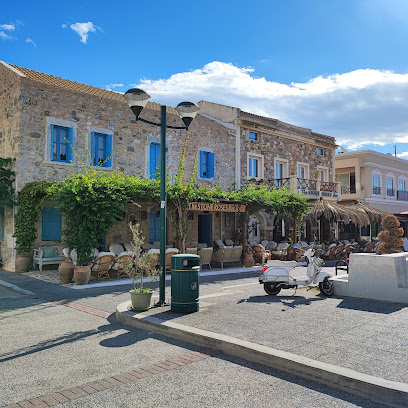
Traditional Windmill Of Antimachia
Experience a journey back in time at the Traditional Windmill of Antimachia, a living monument to Greek heritage and sustainable technology on Kos Island.
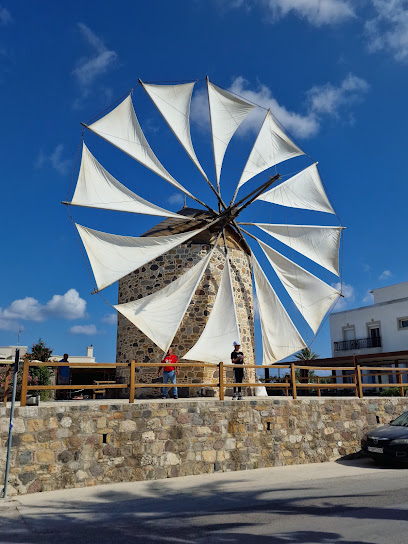
Antimachia Castle
Explore a medieval fortress on Kos, built by the Knights Hospitaller, with stunning views and a rich history waiting to be discovered.
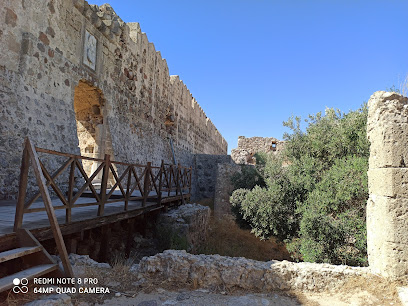
Aquatica Water park
Experience thrilling slides & family fun at Aquatica Water Park in Kardamaina, Kos! A perfect day out for all ages under the Greek sun.

Paralia Kardamena
Experience the beauty of Kos at Paralia Kardamena: Clean waters, sandy shores, and vibrant culture await in this picturesque beachside town.
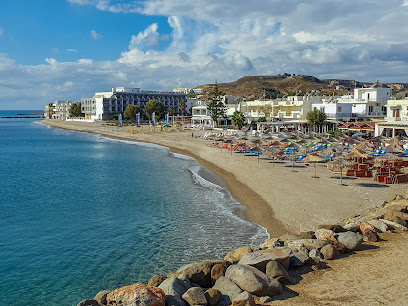
Stefanos Ink Tattoo Studio Kardamena
Get inked at Kardamena's top-rated tattoo studio. Professional artists, quality work, and a vibrant Bar Street location.
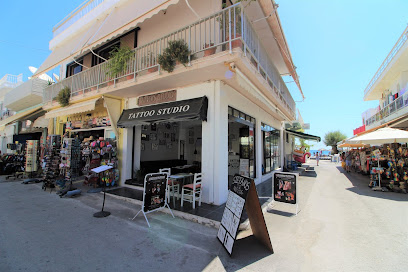
Ilias Studios
Simple, clean studios in Kardamaina, Kos, offering an affordable base for beach fun, nightlife, and island exploration.

Captain Stefanos Cruises
Explore the Aegean Sea with Captain Stefanos Cruises from Kardamena. Unforgettable boat trips to nearby islands, swimming, snorkeling, and Greek BBQ lunches await!
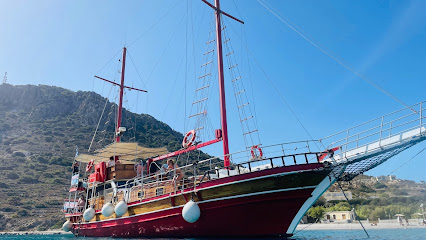
Alasarna
Uncover Kos's ancient past at Alasarna, an archaeological site with Neolithic roots and Hellenistic and early Christian remains.
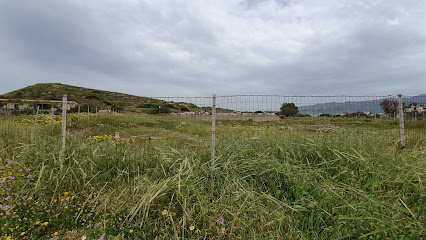
Ναός του Απόλλωνα στην Καρδάμαινα
Discover the rich cultural heritage of Kardamaina at its Local History Museum, where history comes alive through engaging exhibits and local stories.
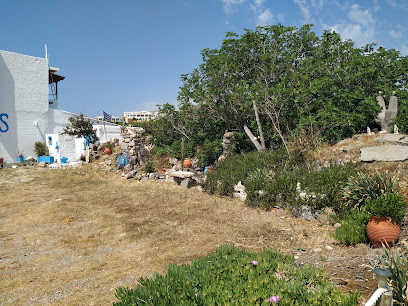
Zeus Superior Cruises
Experience the Aegean Sea with personalized boat tours, swimming, snorkeling, and Greek cuisine departing from Kardamena Harbour.
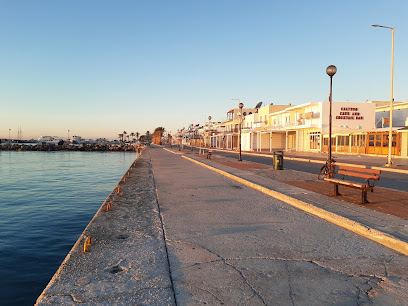
Unmissable attractions to see
Plane Tree of Hippocrates
Discover the Plane Tree of Hippocrates in Kos, a historic landmark where ancient medicine meets serene beauty and rich cultural heritage.
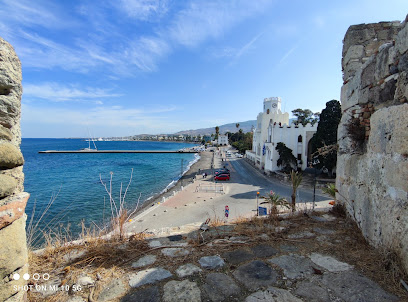
Θέα Ζιάς
Experience the stunning vistas and serene sunsets at Θέα Ζιάς in Lagoudi Zia, a must-visit scenic spot for travelers exploring Kos island.
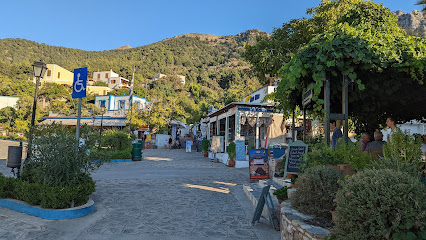
Roman Odeon of Kos
Discover the Roman Odeon of Kos, an ancient amphitheater echoing with history, culture, and breathtaking architecture in the heart of Kos.
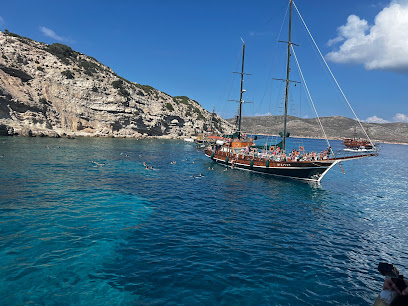
Λιμάνι Καρδάμαινας
Explore the picturesque Kardamaina Marina on Kos island, where stunning views and vibrant culture await every traveler.
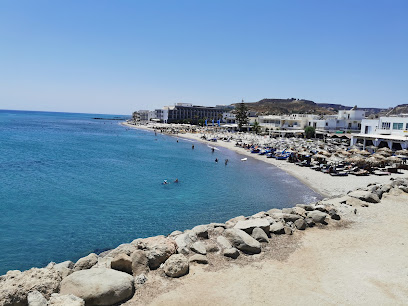
Traditional Windmill Of Antimachia
Discover the captivating history and scenic beauty of the Traditional Windmill of Antimachia, a must-see heritage site in Greece.
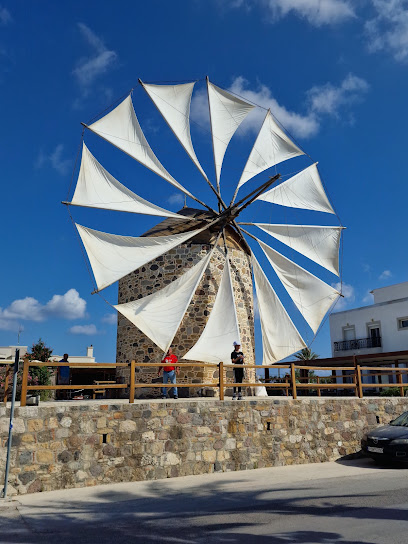
Kos Natural Park
Explore Kos Natural Park, a scenic gem in Greece, where lush landscapes, diverse wildlife, and family-friendly activities await.
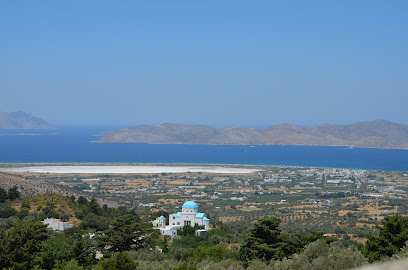
Paradise Beach Snack Bar
Discover the perfect beachside retreat at Paradise Beach Snack Bar in Kos, where delicious snacks meet stunning sea views.
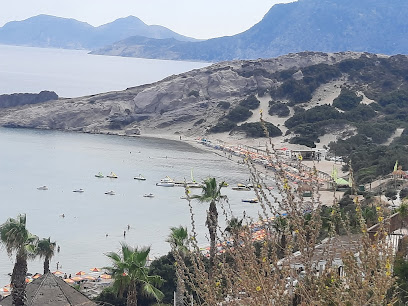
Dolphin Square
Discover the vibrant atmosphere and rich history of Dolphin Square in Kos, Greece, a must-visit attraction for every traveler.
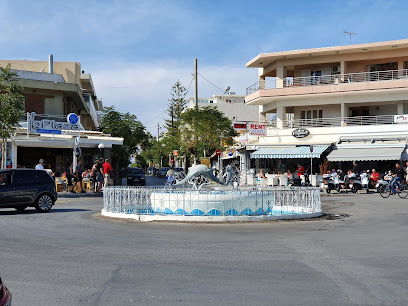
Aquatica Water park
Experience the ultimate water adventure at Aquatica Water Park in Kardamaina, Greece, with thrilling slides and relaxing attractions for the whole family.
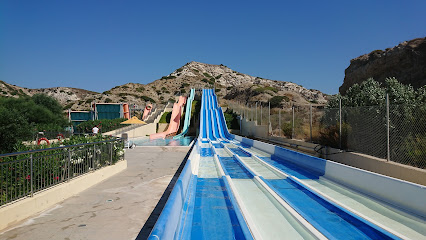
Captain Stefanos Cruises
Discover the stunning Aegean Sea with Captain Stefanos Cruises - unforgettable adventures await in Kardamena!
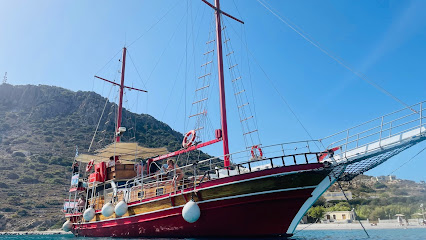
Λαογραφικό & Ναυτικό Μουσείο Καρδάμαινας
Discover the captivating history and culture of Kardamaina at its Heritage Museum, showcasing art and artifacts that tell the story of the region.
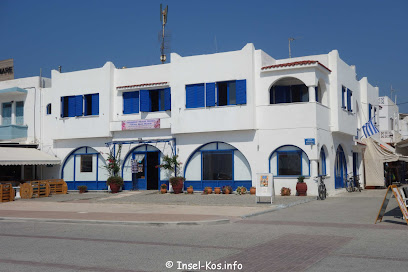
Alasarna
Discover the rich history of Kos at Alasarna, a captivating museum showcasing the island's cultural heritage and ancient artifacts.
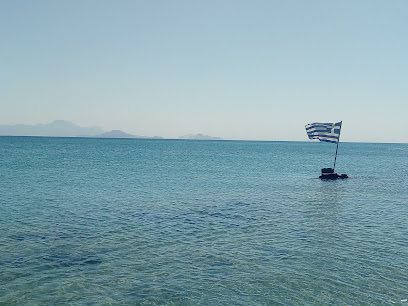
Londoner’s restoration rock
Experience the stunning beauty and rich history of the Londoner’s Restoration Rock in Kos, Greece – a natural wonder and a cultural landmark.
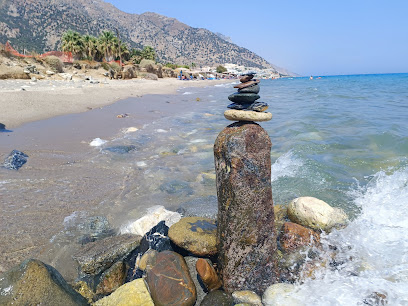
Φυσικά Φρούρια Καρδάμαινας
Explore the captivating Fysika Frouria in Kardamaina, where history meets breathtaking views on the stunning island of Kos.
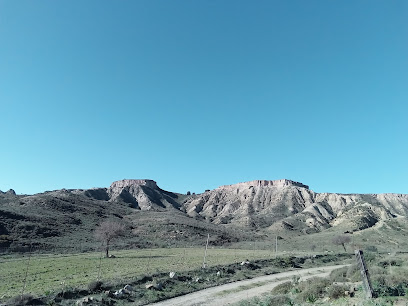
Σπήλαιο Καρδάμαινας
Explore the stunning natural beauty and rich history of Spilaio Kardamena, a captivating cave attraction in the heart of Kardamena, Greece.
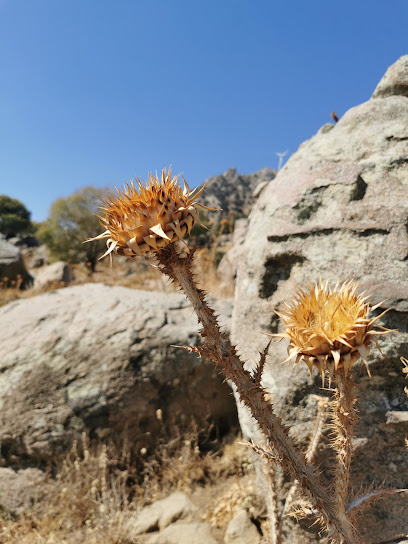
Essential places to dine
Avli Traditional Restaurant
Discover the essence of Greece at Avli Traditional Restaurant in Kardamena – where authentic flavors meet warm hospitality.
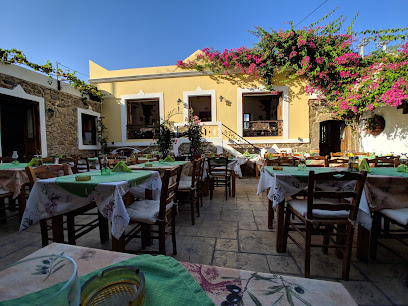
Pelagos Restaurant
Discover authentic Greek flavors at Pelagos Restaurant on Kardamena seafront - where tradition meets breathtaking views.
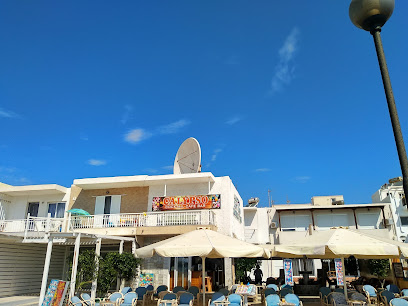
Anemos Restaurant
Experience authentic Greek flavors at Anemos Restaurant in Kardamaina – where tradition meets taste in a stunning seaside setting.
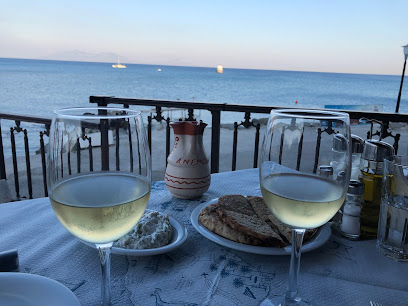
TA ADELFIA
Experience authentic Greek cuisine at TA ADELFIA in Kardamena - where tradition meets flavor in a welcoming setting.
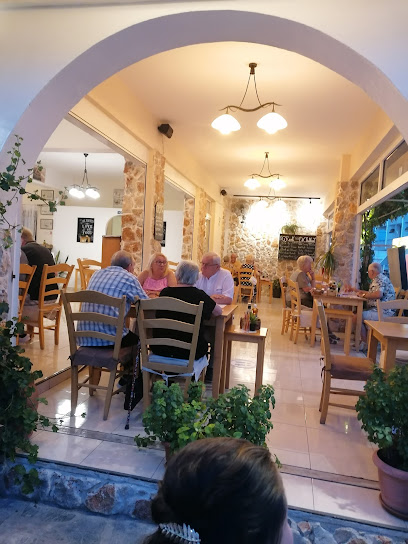
Blue Note Restaurant, Kos
Discover authentic Mediterranean flavors at Blue Note Restaurant in Kardamaina, Kos - a must-visit culinary destination!
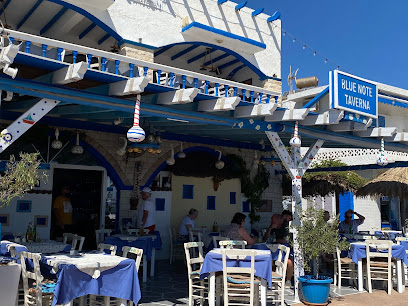
Anna's Restaurant
Experience authentic Greek cuisine at Anna's Restaurant in Kardamena - a culinary haven blending tradition and flavor.
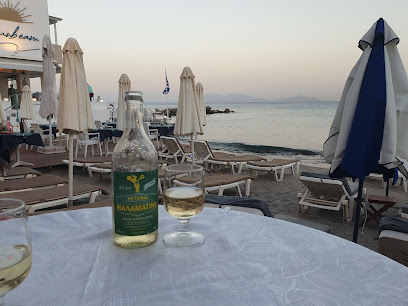
Loustros Restaurant
Discover Loustros Restaurant in Kardamena for an unforgettable Mediterranean dining experience with stunning harbor views.
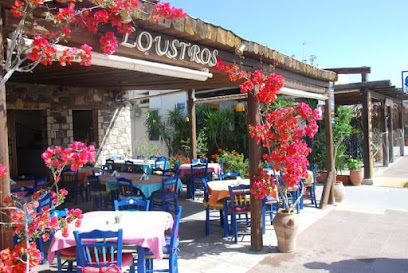
Taratsa Kitchen Bar
Experience authentic Mediterranean flavors at Taratsa Kitchen Bar in Kardamaina - a must-visit culinary gem for every traveler.
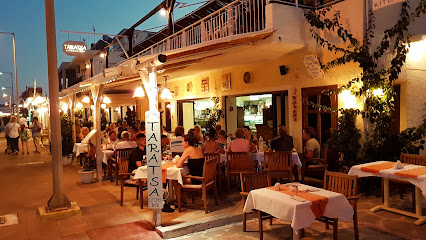
TaKos Cocina Mexicana Y Coctelería
Savor authentic Mexican flavors at TaKos Cocina Mexicana Y Coctelería in Kardamena – where every meal is a fiesta!
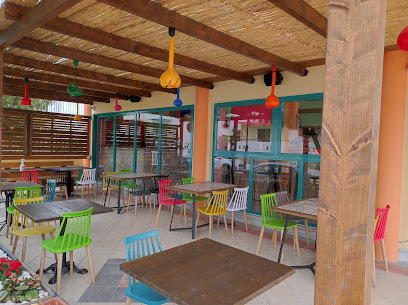
Cucina Italiana
Savor authentic Italian cuisine by the sea at Cucina Italiana in Kardamena – where every meal is a delightful escape into Mediterranean flavors.
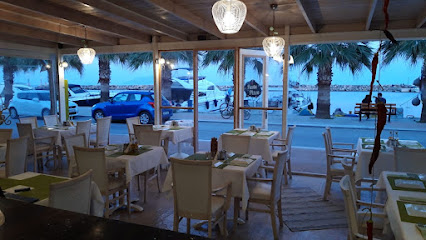
Markets, malls and hidden boutiques
Christina's shop kardamena
Discover the charm of Christina's Shop in Kardamena, where unique fashion accessories meet authentic local style on the enchanting island of Kos.
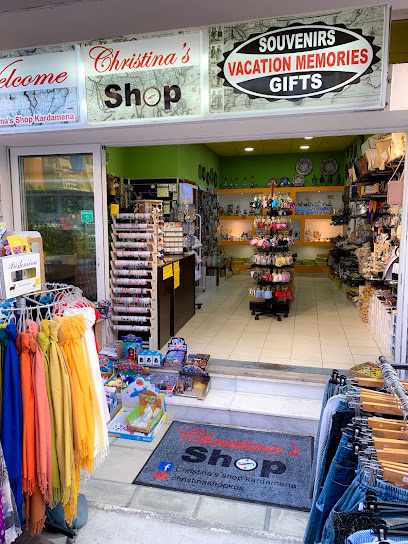
Printalicious
Explore vibrant fashion and unique souvenirs at Printalicious, the ultimate clothing store in Kardamena, Greece.
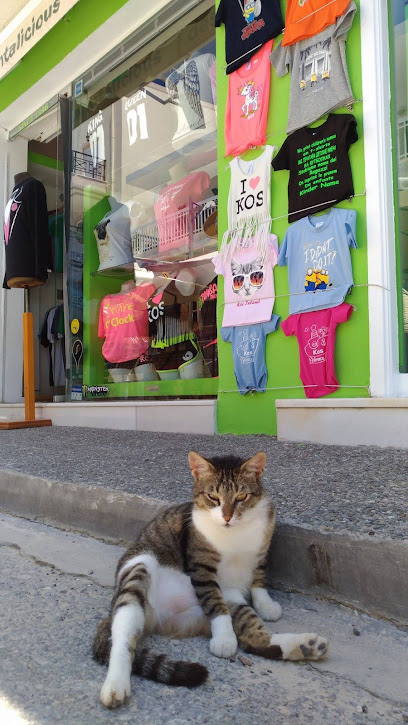
HEMÉRA The Shop
Explore HEMÉRA The Shop in Kardamena for unique artistic handicrafts and stylish women's clothing, perfect for memorable souvenirs from Greece.
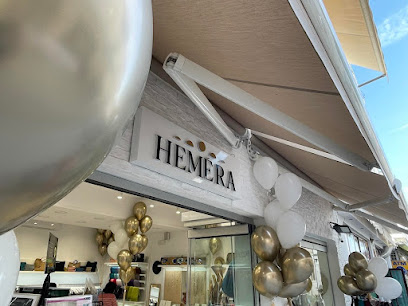
Miss me boutique
Discover Miss Me Boutique in Kardamaina, Greece - a stylish clothing store offering unique fashion finds and accessories for every traveler.
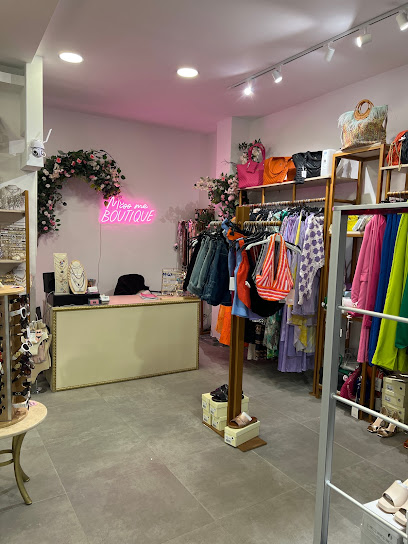
Souvenir Shop Aranghi (Kardamena)
Explore the charm of Kardamena with unique souvenirs from Souvenir Shop Aranghi, where local craftsmanship meets delightful shopping.
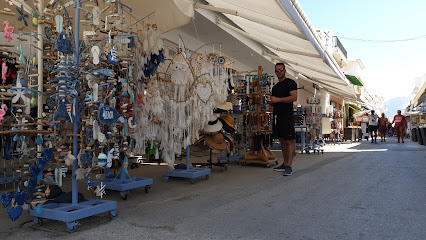
The olive branch
Explore unique treasures and local crafts at The Olive Branch, a charming gift shop in Kardamena, Greece, perfect for all your souvenir needs.
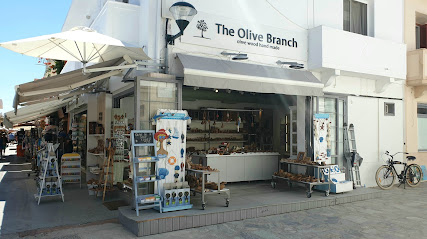
Handmade Ceramics by Fonda
Explore the exquisite handmade ceramics at Fonda in Kardamena, where every piece reflects authentic Greek artistry and tradition.
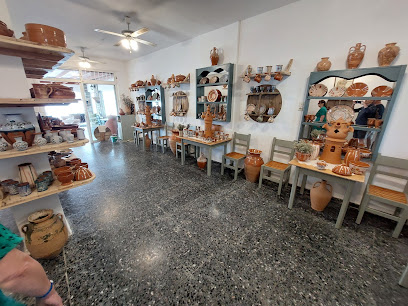
Agora
Discover Agora in Kardamaina: A vibrant shopping destination with local crafts, unique souvenirs, and a taste of Greek hospitality.
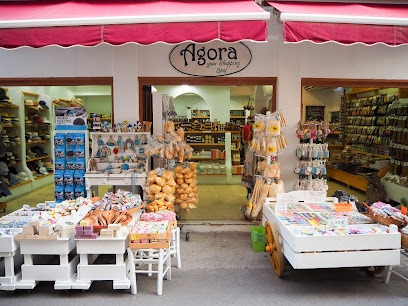
Wasee's Rainbow Collection
Explore a vibrant clothing store in Kardamaina offering unique fashion pieces that reflect local culture and contemporary trends.
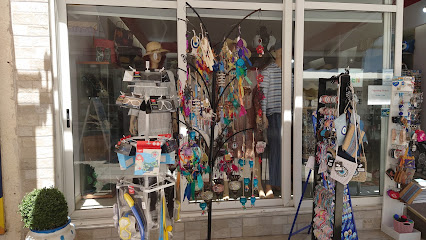
Mist
Explore Mist, a captivating perfume store in Kardamena, offering an exquisite selection of fragrances, cosmetics, and unique gifts for every traveler.

Essential bars & hidden hideouts
The Garden Bar & Kitchen
Discover a vibrant culinary oasis at The Garden Bar & Kitchen in Kardamaina, offering delightful cocktails and a delectable menu in a serene garden setting.
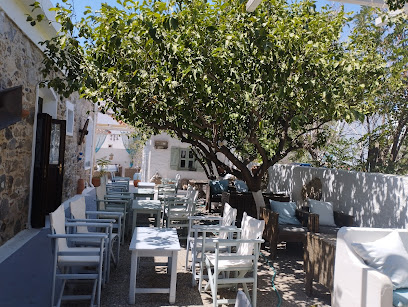
The Stone Roses Bar
Experience the lively spirit of Kardamaina at The Stone Roses Bar, where refreshing drinks and friendly vibes await every visitor.
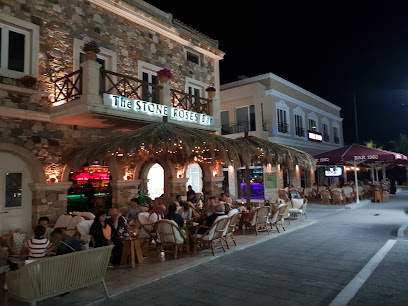
Casa Rossa
Experience the vibrant nightlife at Casa Rossa in Kardamena, where great drinks and lively atmosphere await every traveler.
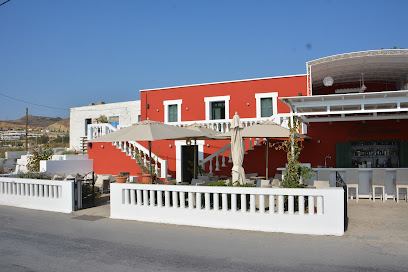
banana beach bar
Experience the vibrant atmosphere of Banana Beach Bar in Kardamena, a perfect spot for refreshing drinks and stunning sea views.
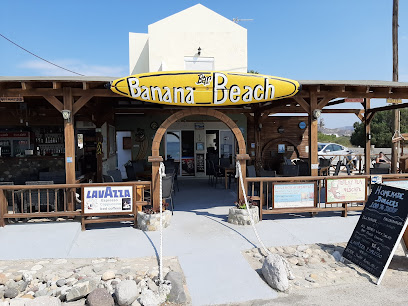
Starlight Beach Bar
Starlight Beach Bar in Irakleides: Enjoy breathtaking sea views, refreshing drinks, and a vibrant atmosphere on the beautiful Aegean coast.
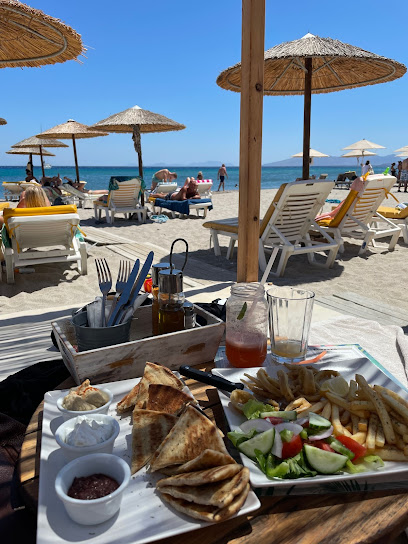
NOA Beach Bar & Restaurant
Discover the flavors of the sea at NOA Beach Bar & Restaurant, where sushi meets stunning seaside views in Kardamena.
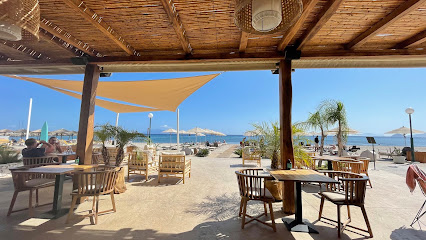
Cocktails and Dreams
Discover the vibrant nightlife of Kardamena at Cocktails and Dreams, where exceptional cocktails and a lively atmosphere await every visitor.
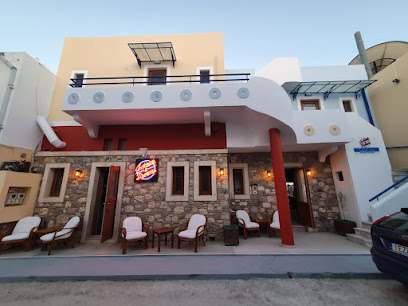
East Coast Beach Bar
Discover the vibrant atmosphere of East Coast Beach Bar, where cocktails, grilled delights, and stunning views of the Kardamena coast await.
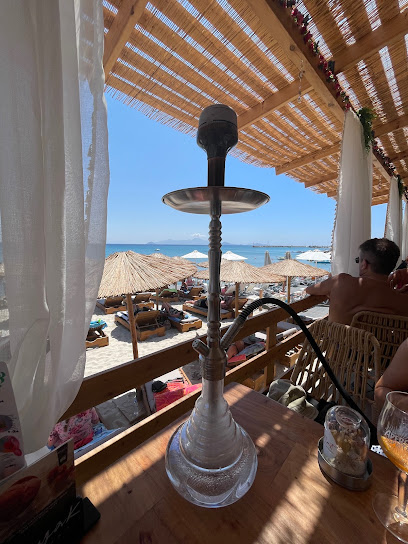
Dirty Dick's
Discover the lively vibes and creative cocktails at Dirty Dick's, a must-visit bar in Kardamena, Kos for an unforgettable nightlife experience.
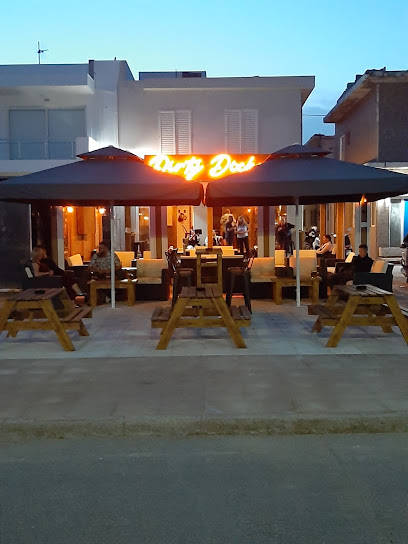
Bliss Bar
Discover Bliss Bar in Kardamena, a lively hotspot for cocktails, socializing, and enjoying the vibrant island nightlife.
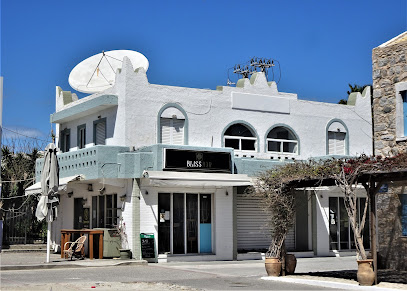
Local Phrases
-
- HelloΓεια σας
[Ya sas] - GoodbyeΑντίο
[Adio] - YesΝαι
[Ne] - NoΌχι
[Ohi] - Please/You're welcomeΠαρακαλώ
[Parakalo] - Thank youΕυχαριστώ
[Efharisto] - Excuse me/SorryΣυγνώμη
[Signomi] - How are you?Πώς είστε;
[Pos iste?] - Fine. And you?Καλά. Εσείς;
[Kala. Esis?] - Do you speak English?Μιλάτε Αγγλικά;
[Milate Agglika?] - I don't understandΔεν καταλαβαίνω
[Den katalaveno]
- HelloΓεια σας
-
- I'd like to see the menu, pleaseΘα ήθελα να δω το μενού, παρακαλώ
[Tha ithela na do to menou, parakalo] - I don't eat meatΔεν τρώω κρέας
[Den troo kreas] - Cheers!Στην υγεία μας!
[Stin ygeia mas!] - I would like to pay, pleaseΘα ήθελα να πληρώσω, παρακαλώ
[Tha ithela na plirosso, parakalo]
- I'd like to see the menu, pleaseΘα ήθελα να δω το μενού, παρακαλώ
-
- Help!Βοήθεια!
[Voithia!] - Go away!Φύγε!
[Fiye!] - Call the Police!Καλέστε την Αστυνομία!
[Kaleste tin Astynomia!] - Call a doctor!Καλέστε έναν γιατρό!
[Kaleste enan giatro!] - I'm lostΈχω χαθεί
[Eho hathi] - I'm illΕίμαι άρρωστος
[Eimai arrostos]
- Help!Βοήθεια!
-
- I'd like to buy...Θα ήθελα να αγοράσω...
[Tha ithela na agoraso...] - I'm just lookingΑπλά κοιτάω
[Apla kitao] - How much is it?Πόσο κοστίζει;
[Poso kostizi?] - That's too expensiveΑυτό είναι πολύ ακριβό
[Afto ine poli akribo] - Can you lower the price?Μπορείτε να μειώσετε την τιμή;
[Borite na meiosete tin timi?]
- I'd like to buy...Θα ήθελα να αγοράσω...
-
- What time is it?Τι ώρα είναι;
[Ti ora ine?] - It's one o'clockΕίναι μία ώρα
[Ine mia ora] - Half past (10)Μισή (10)
[Misi (10)] - MorningΠρωί
[Proi] - AfternoonΑπόγευμα
[Apoyevma] - EveningΒράδυ
[Vradi] - YesterdayΧθες
[Hthes] - TodayΣήμερα
[Simera] - TomorrowΑύριο
[Aurio] - 1Ένα
[Ena] - 2Δύο
[Dyo] - 3Τρία
[Tria] - 4Τέσσερα
[Tessera] - 5Πέντε
[Pente] - 6Έξι
[Exi] - 7Εφτά
[Efta] - 8Οκτώ
[Okto] - 9Εννιά
[Ennia] - 10Δέκα
[Deka]
- What time is it?Τι ώρα είναι;
-
- Where's a/the...?Πού είναι ένα/το...;
[Pou ine ena/to...?] - What's the address?Ποια είναι η διεύθυνση;
[Pia ine i diefthinsi?] - Can you show me (on the map)?Μπορείτε να μου δείξετε (στο χάρτη);
[Borite na mou dixete (sto charti)?] - When's the next (bus)?Πότε είναι το επόμενο (λεωφορείο);
[Pote ine to epomeno (leoforeio)?] - A ticket (to ....)Ένα εισιτήριο (για ....)
[Ena isitirio (gia ....)]
- Where's a/the...?Πού είναι ένα/το...;
History of Kardamena
-
Kardamena's history can be traced back to ancient times, when it was known as the ancient city of Antimachia. Located on the southern coast of Kos, it served as a vital port and trading hub due to its strategic position along the Aegean Sea. Archaeological findings in the area, including remnants of ancient structures and pottery, suggest that the region was inhabited as early as the 3rd century BC.
-
In the 14th century, Kardamena, like much of Kos, came under the control of the Knights of Saint John after the fall of the Byzantine Empire. The Knights fortified the area, contributing to the development of defensive structures and enhancing its role as a maritime center. This period marked significant cultural and architectural influences that can still be seen in some local structures.
-
The Ottoman Empire took control of Kos in the 16th century, and Kardamena was no exception. During this period, the town experienced a shift in cultural dynamics, with the introduction of Turkish customs and architecture. The Ottomans developed agricultural practices in the region, particularly in the cultivation of crops like cotton and olives, which contributed to the local economy.
-
During World War II, Kardamena, like the rest of the Dodecanese islands, was occupied by Axis forces. The post-war period saw the island return to Greek sovereignty in 1947. This transition brought significant changes to the local economy, as the town began to shift from agriculture to tourism, leveraging its beautiful beaches and rich history.
-
In recent decades, Kardamena has transformed into a popular tourist destination, known for its vibrant nightlife and stunning coastline. The local economy now heavily relies on tourism, with numerous hotels, restaurants, and entertainment venues catering to visitors. Despite this modernization, efforts have been made to preserve the historical sites and cultural heritage of the area, ensuring that Kardamena remains a blend of ancient history and contemporary leisure.
Kardamena Essentials
-
Kardamena is located approximately 7 kilometers from Kos Town and is easily accessible via various modes of transport. The most common way to reach Kardamena is by bus, with regular services running from Kos Town and other major neighborhoods. Taxis are also available and can be a convenient option for those traveling with luggage. For those arriving by ferry, the port in Kos Town connects to Kardamena via local transport. If you prefer to drive, rental cars and scooters are widely available on the island.
-
Kardamena is a relatively small town, making it easy to explore on foot. Most attractions, shops, and restaurants are within walking distance. For longer distances or to explore surrounding areas, local buses operate frequently, connecting to other parts of Kos. Taxis are available for hire, and bicycles can be rented from several shops in town, offering a fun and eco-friendly way to navigate the area.
-
Kardamena is generally a safe neighborhood for tourists. However, it is advisable to remain cautious, particularly in crowded places where petty theft may occur. While there are no specific areas in Kardamena known for high crime rates targeting tourists, it’s best to avoid isolated areas at night and stay alert to your surroundings. Always safeguard your belongings and avoid displaying expensive items.
-
In case of emergency, dial 112 for immediate assistance. This will connect you to police, fire, and medical services. The local hospital in Kardamena can provide medical attention, and there are pharmacies available for minor health issues. It is recommended to have travel insurance that covers emergencies and carry a list of emergency contacts with you.
-
Fashion: Do wear light, breathable clothing suitable for warm weather, but avoid overly revealing outfits in public areas. Religion: Do respect local customs, especially when visiting churches or other religious sites; modest attire is appreciated. Public Transport: Do be courteous on public transport, allowing locals to board first. Don't eat or drink on buses. Greetings: Do greet locals with a smile and a friendly 'Kalimera' (Good morning). Don't forget to be polite and patient. Eating & Drinking: Do try local specialties like fresh seafood and traditional Greek dishes. Don’t overindulge in public; moderation is appreciated.
-
To experience Kardamena like a local, visit the lively central square where locals gather, and enjoy the atmosphere at local cafes. Explore the less touristy streets to discover charming shops and eateries. Don’t miss the opportunity to try traditional Greek coffee and sweets at a local pastry shop. Engage with residents; they are often more than happy to share stories and recommendations. If you’re interested in history, take a short trip to the nearby archaeological site of Asclepius for a glimpse into ancient Kos.
Nearby Cities to Kardamena
-
Things To Do in Bodrum
-
Things To Do in Marmaris
-
Things To Do in Rhodes
-
Things To Do in Samos
-
Things To Do in Kusadasi
-
Things To Do in Ephesus
-
Things To Do in Santorini
-
Things To Do in Pyrgos
-
Things To Do in Mykonos
-
Things To Do in Fethiye
-
Things To Do in Izmir
-
Things To Do in Pamukkale
-
Things To Do in Heraklion
-
Things To Do in Crete
-
Things To Do in Rethymno






